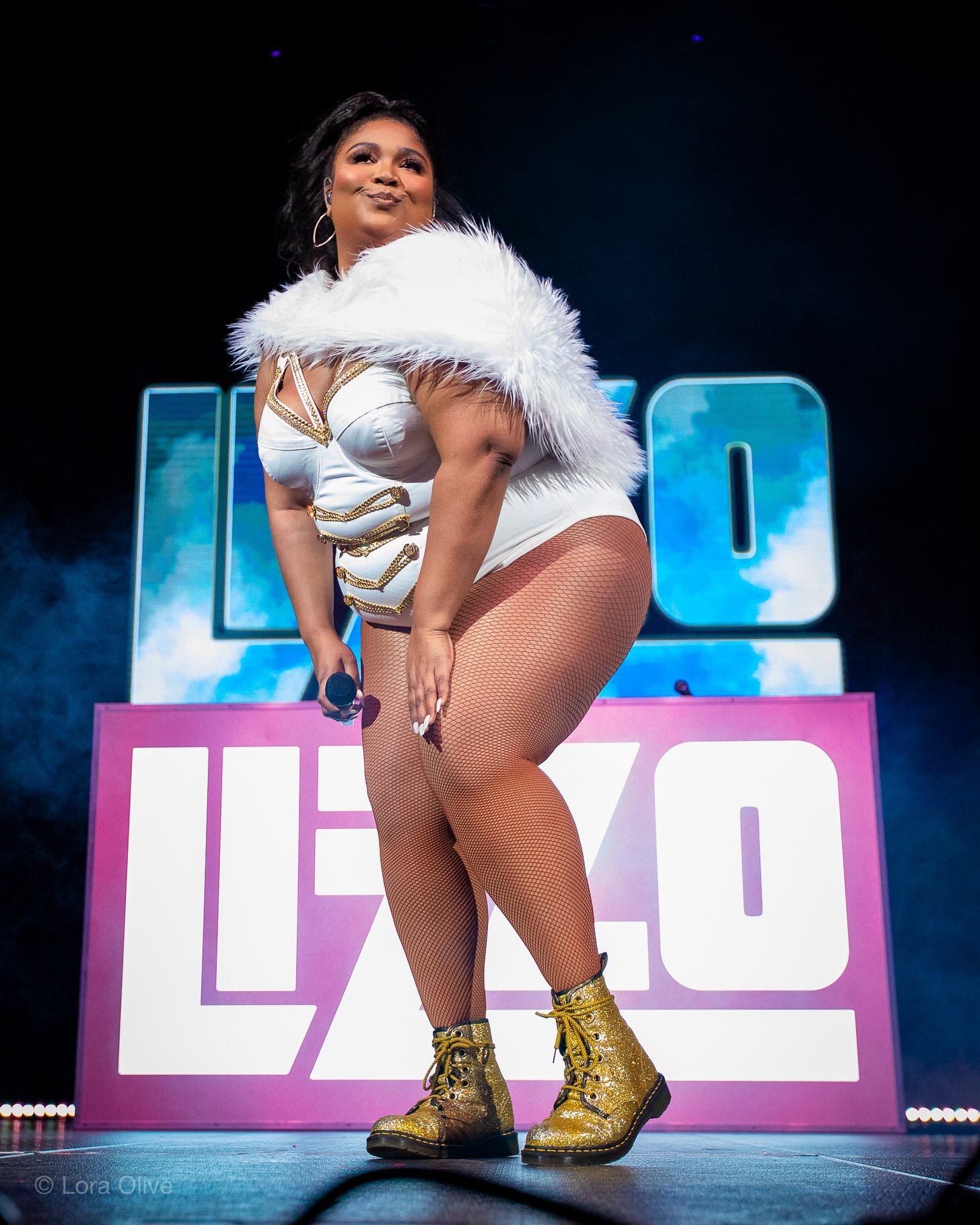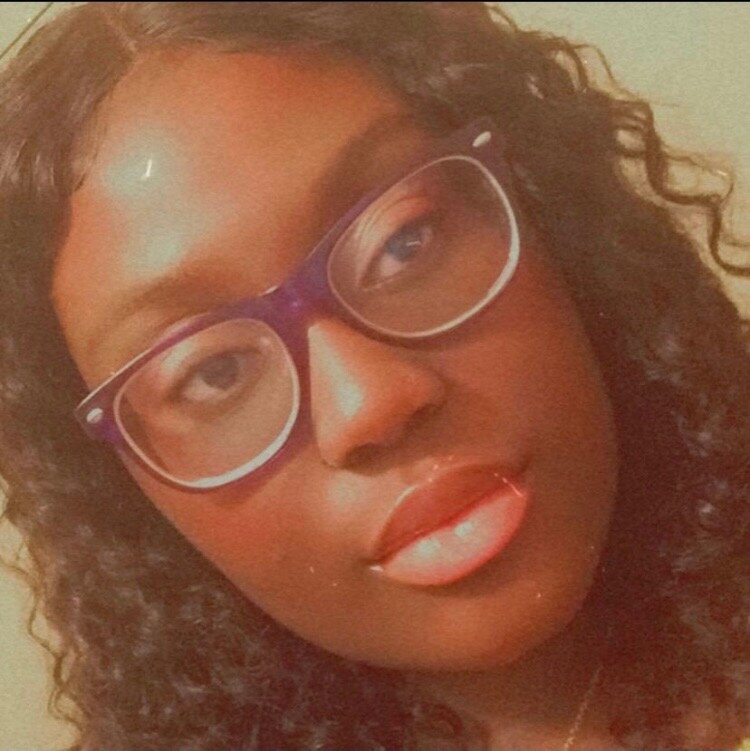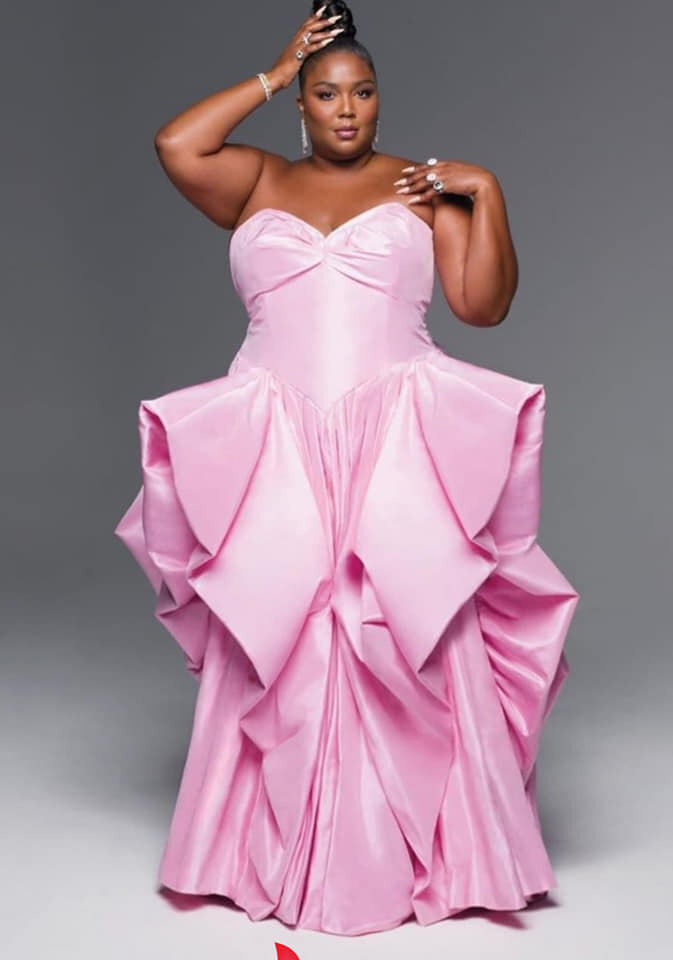How Lizzo’s Big Booty Affects Big Bodies in a Big Way
Icons like Lizzo have given the plus-size community a new stage to shine on. Thanks to women like her, the plus-size community will no longer be overlooked.
By Brooke-Lynn Willingham
When Lizzo gyrated across the BET stage in 2019 she opened a door for plus-size women in a way that's never been done before.
Plus-size bodies have never been the default, especially in the entertainment industry, but women like Lizzo have shown that stories can always be rewritten. Representation is so much more than a hashtag — it’s a movement. There is no reason why, in 2021, plus-size women should still be facing discrimination based on their size, while every Instagram model screams “body positivity.”
Via Lizzo’s Facebook
Kylee Williams, an 18-year-old high school student from Queens, New York, shares that the shift from “normal” size to plus-size has been “weird.” She says she used to wear tight clothing, but she now “wears bigger clothing to match her bigger body.”
Kylee Williams, 18-year-old high school student
She describes the moment that changed the way she looked at herself: “I was coming out of the store and was called a fat a** while holding the door for a woman and her daughter,” Williams says. “She was on the phone, and I guess she thought I was just standing in the way. I was confused more than hurt. Why did she think that was OK to say? She doesn’t even know me.”
As a plus-size woman, I have witnessed firsthand the hardship that my bigger body has caused. The entertainment industry has a lot to do with this. It has created a false narrative that you have to have a flat stomach with some junk in the trunk to be perfect.
Williams also says that women like Lizzo are “changing the story.”
“Lizzo has a gut too, and when she walks across a stage she doesn’t care if people will think she’s weird for loving her body and I love that,” Williams says.
While 68% of American women wear a size 14 or above, according to market research firm Plunkett Research, a small percentage of the fashion industry caters to them. Vogue reports that less than 20% of apparel is made in sizes 14 and up.
Jen Wilder, co-owner of The Plus Bus Boutique in Los Angeles, aims to change that. Wilder says the company began as a fashion statement but quickly became about body positivity and “centering fatness as a beauty ideal.”
Jenn Wilder and co-owner Marcy Guevara-Prete outside of The Plus Bus Boutique. Photo by Cassia DeMayo
The Plus Bus promotes safety and inclusivity to women of all shapes and sizes. “There are not enough places for fat bodies to expose themselves to the liberation of expression,” Wilder says.
Women like Lizzo are setting a new stage, one where plus-size women can flourish whenever and wherever while feeling beautiful. “Lizzo is the gateway drug that is letting all of these people into the world of she’s-so-hot,” Wilder says.
The aim of plus-size representation is not to feel like thinner people, but to feel good in one’s own skin. Representation is not only about equality but about acceptance from both oneself and society.
Via Lizzo’s Facebook
Why is it that we often overlook the flaws of a person because they have a perfect body yet put a microscope up to a person's flaws because they don't have said body? Why has the plus-size woman’s story already been written for her? Women like Lizzo have shown that you can be a successful Black, plus-sized woman.
“These icons that we have showing us different types of styles and different ways of being unapologetically fat by not participating in diet culture, it’s nothing but powerful,” Wilder says.
This type of representation opens minds by creating the image that you can be a plus-size woman who runs a business, travels around the world or takes care of four kids and two dogs all while maintaining good health. I applaud Lizzo for overcoming all challenges and coming out on top. No matter how you look at it, Lizzo's big booty has affected everybody.





